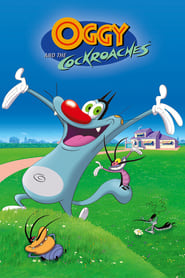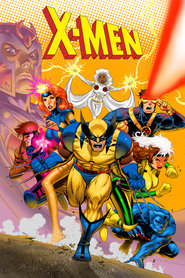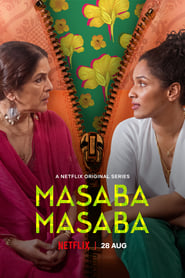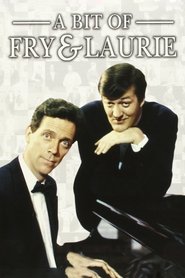
Seasons and episodes
1Season 1 Sep. 22, 2021
 1 - 1Pilot Nov. 21, 2024
1 - 1Pilot Nov. 21, 2024 1 - 2Green Eyed Monster Nov. 21, 2024
1 - 2Green Eyed Monster Nov. 21, 2024 1 - 3The Club Nov. 21, 2024
1 - 3The Club Nov. 21, 2024 1 - 4The Workplace Nov. 21, 2024
1 - 4The Workplace Nov. 21, 2024 1 - 5The Lock In Nov. 21, 2024
1 - 5The Lock In Nov. 21, 2024 1 - 6Be Prepared Nov. 21, 2024
1 - 6Be Prepared Nov. 21, 2024 1 - 7Independence Day Nov. 21, 2024
1 - 7Independence Day Nov. 21, 2024 1 - 8Science Fair Nov. 17, 2021
1 - 8Science Fair Nov. 17, 2021 1 - 9Home For Christmas Dec. 01, 2021
1 - 9Home For Christmas Dec. 01, 2021
Creator
Creator
Cast
Dean Williams
Bill Williams
Narrator
Lillian Williams
Kim Williams
Brad Hitman
Cory Long
Keisha Clemmons
Video trailer
Synopsis
The Wonder Years Season 1 Download In English 720p and 1080p
StoryLine:
Additional Links:
Original title
The Wonder Years
TMDb Rating
10 2 votes
First air date
Sep. 22, 2021
Last air date
Sep. 22, 2021
Seasons
1
Episodes
3
Average Duration
21 minutes

![The Wonder Years [Ep 9]](https://image.tmdb.org/t/p/w185/j29Az78mYXx0EDMNjFiGJBKES8r.jpg)






![The Wonder Years [Ep 9]](https://image.tmdb.org/t/p/w300/xGcXgA7AQ763JvlHyv8fjdUEjqW.jpg
)
![The Wonder Years [Ep 9]](https://image.tmdb.org/t/p/w300/zTJVzNM4E9lYPfvj5BAfy6XOPcL.jpg
)
![The Wonder Years [Ep 9]](https://image.tmdb.org/t/p/w300/A0WFgcr1ghIJpp2buvjslDwgzZl.jpg
)
![The Wonder Years [Ep 9]](https://image.tmdb.org/t/p/w300/Ad9wKVG2Z9lExpjucUr4p0vbsf4.jpg
)
![The Wonder Years [Ep 9]](https://image.tmdb.org/t/p/w300/yWy0xeJ5ieCZaqTFrvrEoDKfYDM.jpg
)
![The Wonder Years [Ep 9]](https://image.tmdb.org/t/p/w300/qqfgALGsZlgzFKfEDWCij2VdOCk.jpg
)











